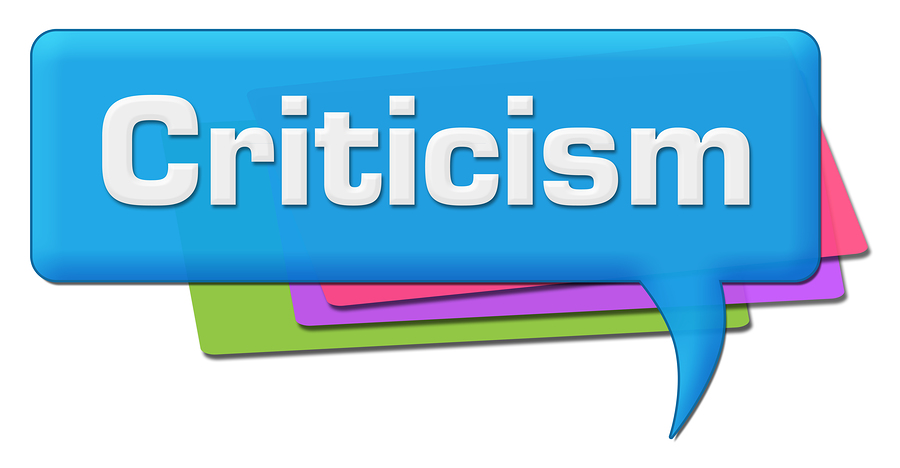Today we look at how one writer uses his thesaurus and dictionary in a fascinating way.
The following is a five-minute video from Martin Amis, one of Britain’s well-known literary novelists and essayists. I recommend clicking the “cc” close-captioned on the bottom next to the settings button. That way you can read his words while also hearing them. Below the video I have a couple of comments and then, hopefully, will read your responses.
[[If you cannot see the embedded video in your newsletter email, please click the headline and go directly to our site to view it.]]
I prefer to use The Synonym Finder by J.I. Rodale instead of a thesaurus. I think it is easier to use.
In my reading and editing work, I find that overusing the same words in close proximity is jarring and needs to be eliminated most of the time. I suppose Amis’s thinking here is reasonable, but it occurs too often to believe it shows an author at their best.
I like his example showing the misuse of the word “dilapidated.” The origin of a word does have meaning. We see this regularly in Bible study when studying original Hebrew, Greek, or Aramic to figure out the appropriate English parallel.
I also appreciate him teaching that speed is not of the essence. Sometimes you can get lost in the deep weeds with word choice and end up paralyzing yourself in an endless revision loop. However, sloppy writing is everywhere we look. I suspect you’ve read a poorly written or edited book (or blog!) lately and wondered how it ever saw the light of day.
What are your thoughts on this? Please comment below. There are no wrong answers here, merely a friendly discussion of the craft of writing.











